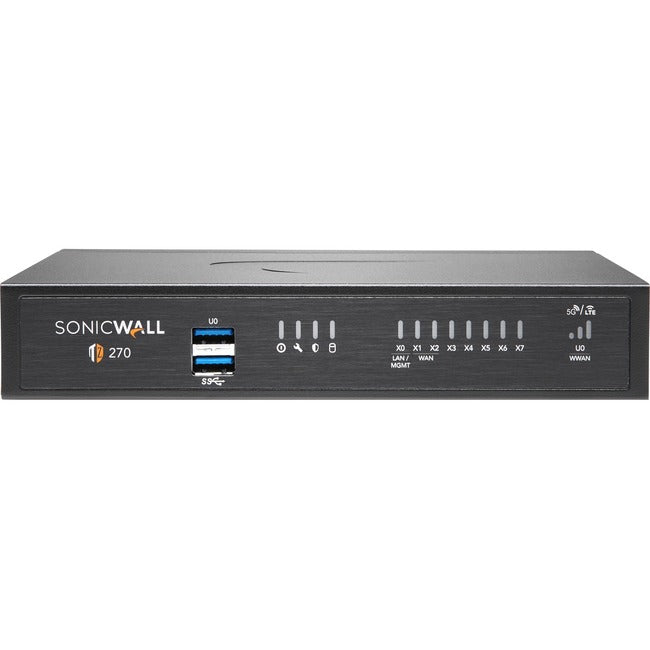Key Takeaways:
| Main Points | Details |
|---|---|
| Importance of Cybersecurity | Protecting data and systems is crucial to prevent losses and breaches. |
| Emerging Threats | Be aware of ransomware, phishing, and AI-driven attacks. |
| Assessing Vulnerabilities | Conduct audits and use network monitoring to find weaknesses. |
| Proactive Security Measures | Educate staff and employ the latest tools to stay a step ahead. |
| Robust Security Solutions | Implement solutions like firewalls and antivirus software, and keep them updated. |
| Incident Response | Have an incident response plan ready for potential breaches. |
| Continuous Vigilance | Always stay informed on the latest in cybersecurity to prepare for future threats. |
Introduction to Cybersecurity Threats
In today's digital age, the importance of cybersecurity cannot be overstated. With our personal and business lives increasingly online, protecting our digital data and systems is paramount. From major corporations to small businesses, everyone is at risk of cyber attacks, which can lead to financial loss and damage to reputation. Recent incidents have shown that no one is immune, and the need for robust cybersecurity measures is more critical than ever.
Identifying Emerging Cybersecurity Threats
The landscape of cyber threats is ever-changing, with hackers constantly finding new ways to exploit vulnerabilities. Staying ahead requires understanding how these threats evolve. Currently, we're seeing a rise in ransomware attacks, sophisticated phishing scams, and even threats powered by artificial intelligence. By understanding these trends, we can better prepare to defend against them.
Assessing Your Vulnerabilities
A crucial step in cybersecurity is understanding where potential weaknesses lie within our networks. Through thorough audits and real-time monitoring, we can uncover gaps in our defenses that require attention. Using threat intelligence tools, we gauge the level of risk and make informed decisions on bolstering our security posture.
Proactive Cybersecurity Measures
The best defense is a good offense. Proactive cybersecurity involves staying updated on potential threats and implementing practices to prevent them. This includes educating our employees on safe online behaviors, as they are often the first line of defense against cyber attacks.
We also recommend using state-of-the-art security tools to protect your business:
Implementation of Robust Security Solutions
To safeguard our networks, implementing diverse cybersecurity solutions such as firewalls and antivirus programs is essential. But it's not enough to simply install these tools; regular software updates and patches are crucial to keep defenses strong against new threats.
Responding to a Cybersecurity Breach
Despite all precautions, breaches can still occur. It's essential to have an incident response plan in place to quickly and effectively address any security incidents. This ensures minimal damage and helps in rapid recovery.
Conclusion and Future Outlook
The battle against cyber threats is never-ending, and staying vigilant is part of our everyday routine. As the nature of these threats continues to evolve, so must our approaches to defending against them. Let's stay informed and prepared for whatever comes our way in the digital realm.
This article brought to you by us at Logics Technology, where we not only provide insights but also practical solutions like:
For more information or to view our products, visit our [Cybersecurity Collections](https://logicstechnology.com/search?q=security&_pos=1&_psq=security&_ss=e&_v=1.0.



